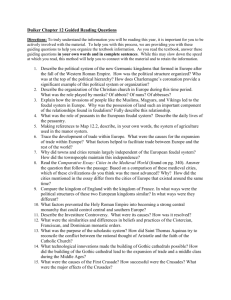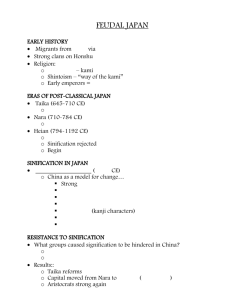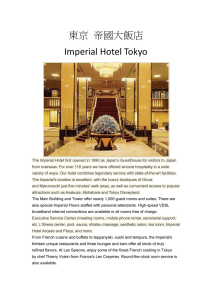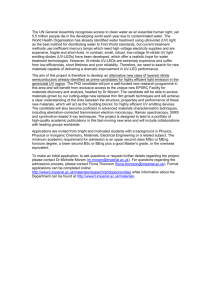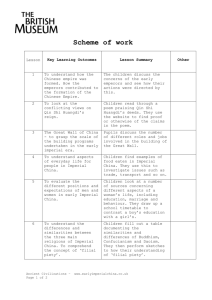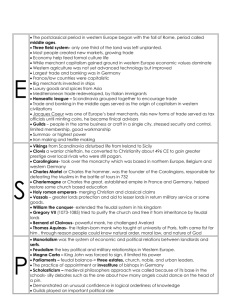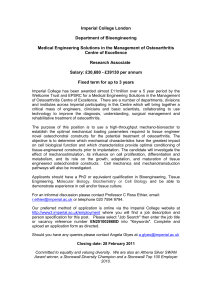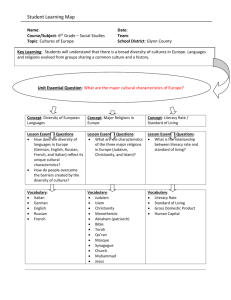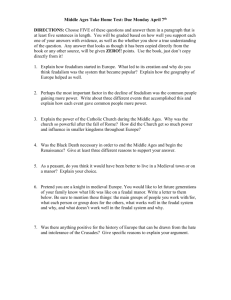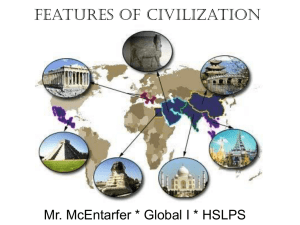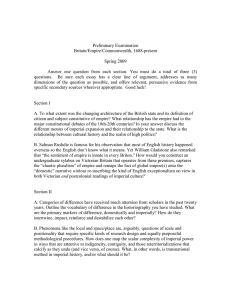Compare/Contrast Imperial Rome with Western
advertisement
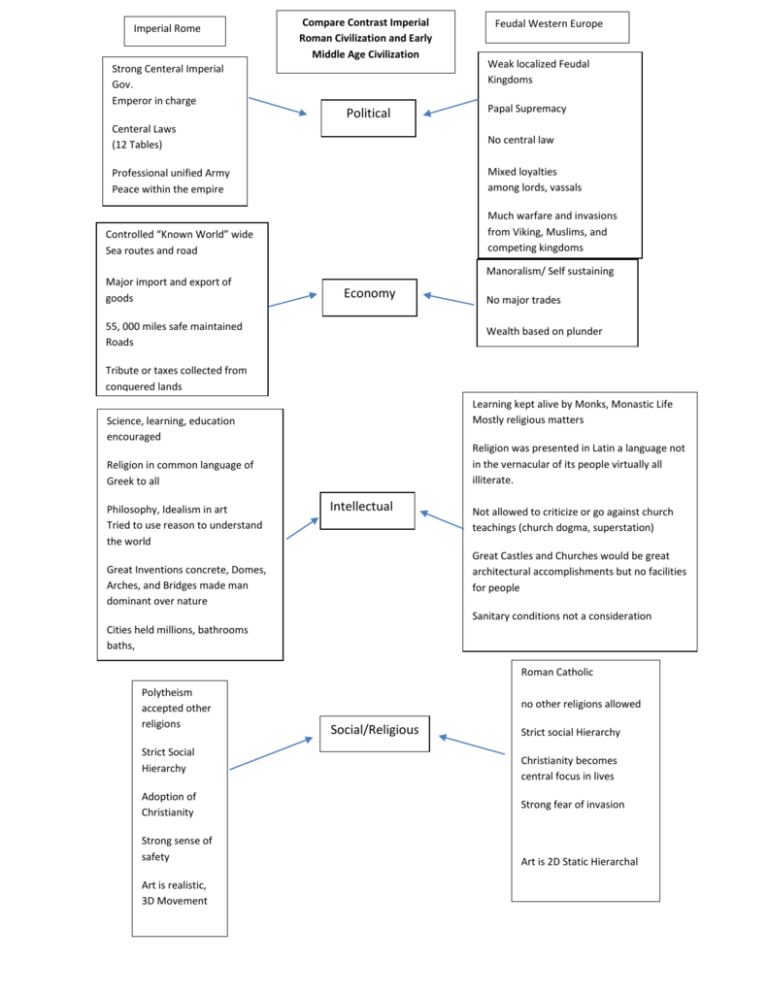
Imperial Rome Compare Contrast Imperial Roman Civilization and Early Middle Age Civilization Strong Centeral Imperial Gov. Emperor in charge Political Feudal Western Europe Weak localized Feudal Kingdoms Papal Supremacy Centeral Laws (12 Tables) No central law Professional unified Army Peace within the empire Mixed loyalties among lords, vassals Much warfare and invasions from Viking, Muslims, and competing kingdoms Controlled “Known World” wide Sea routes and road Major import and export of goods Manoralism/ Self sustaining Economy 55, 000 miles safe maintained Roads No major trades Wealth based on plunder Tribute or taxes collected from conquered lands Learning kept alive by Monks, Monastic Life Mostly religious matters Science, learning, education encouraged Religion was presented in Latin a language not in the vernacular of its people virtually all illiterate. Religion in common language of Greek to all Philosophy, Idealism in art Tried to use reason to understand the world Intellectual Not allowed to criticize or go against church teachings (church dogma, superstation) Great Castles and Churches would be great architectural accomplishments but no facilities for people Great Inventions concrete, Domes, Arches, and Bridges made man dominant over nature Sanitary conditions not a consideration Cities held millions, bathrooms baths, Roman Catholic Polytheism accepted other religions Strict Social Hierarchy Adoption of Christianity Strong sense of safety Art is realistic, 3D Movement no other religions allowed Social/Religious Strict social Hierarchy Christianity becomes central focus in lives Strong fear of invasion Art is 2D Static Hierarchal
